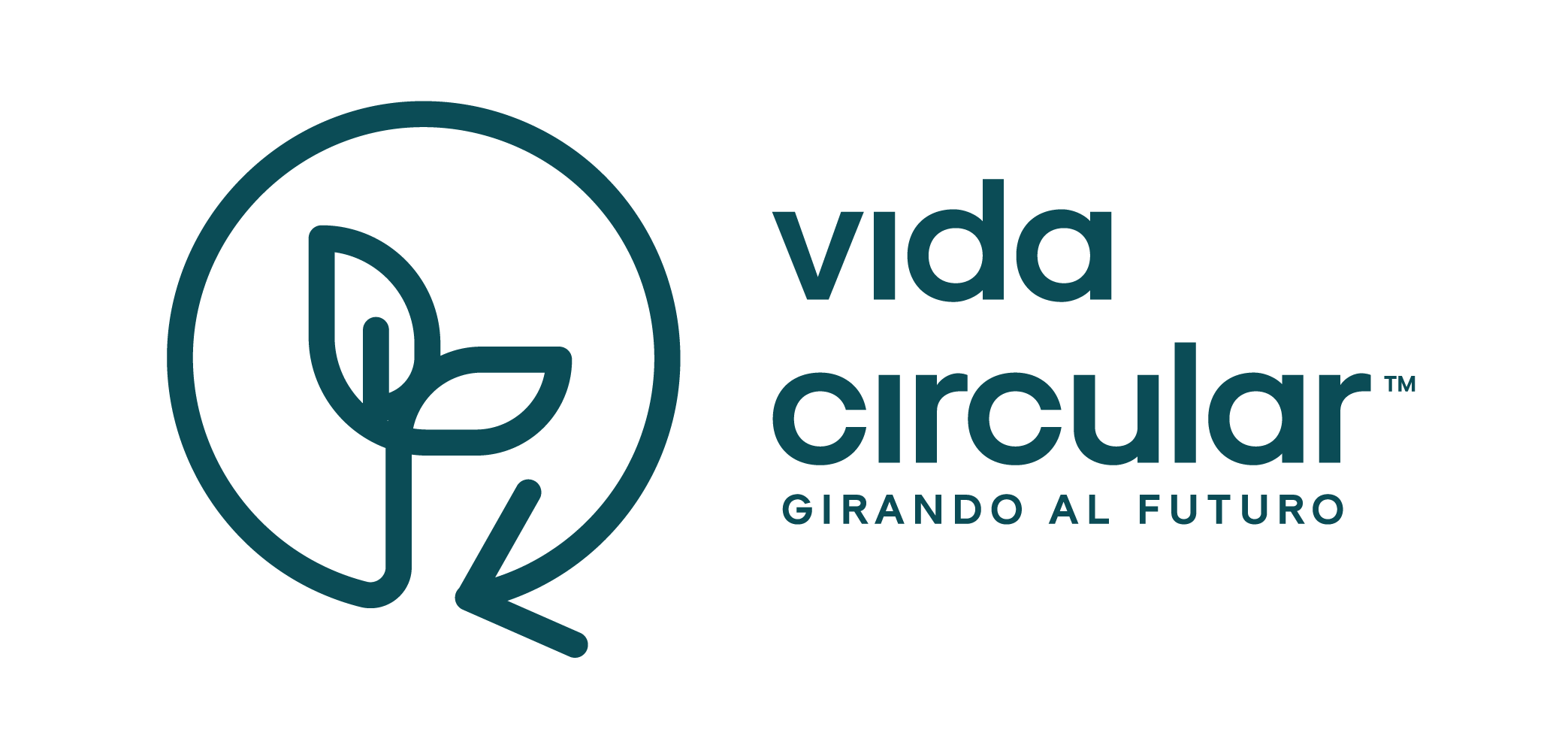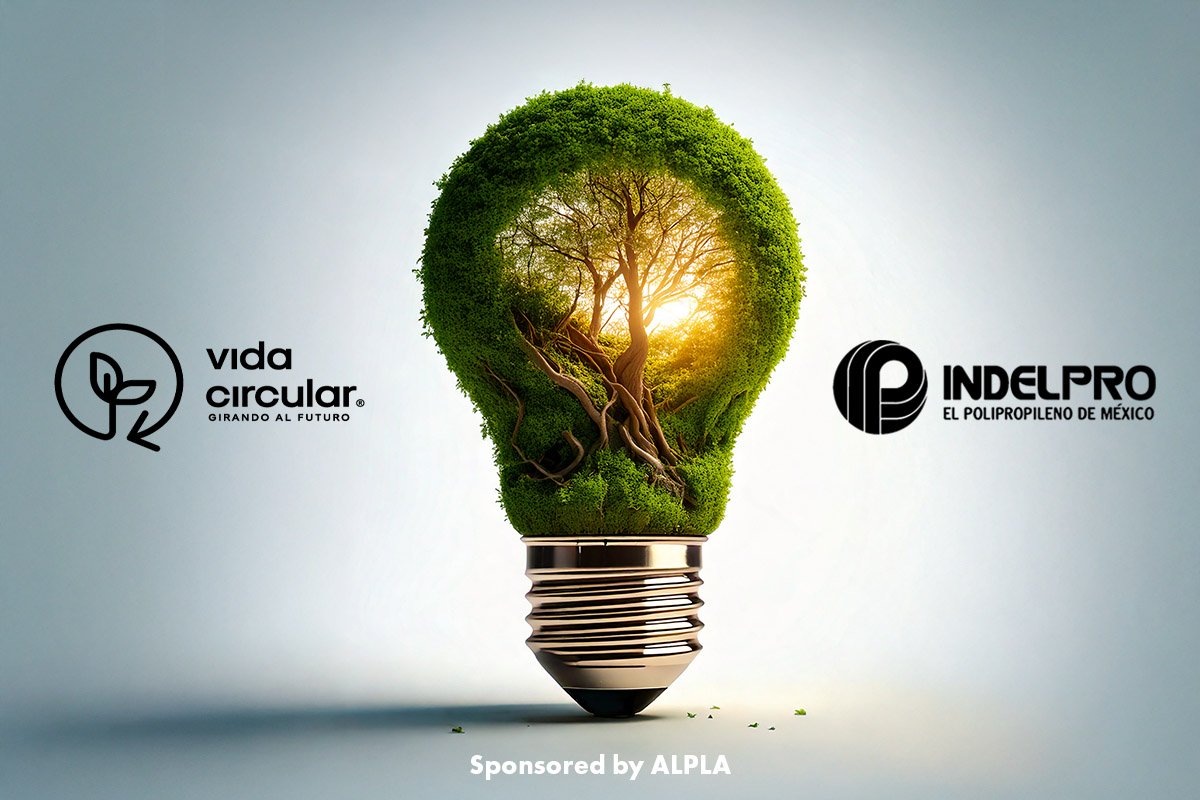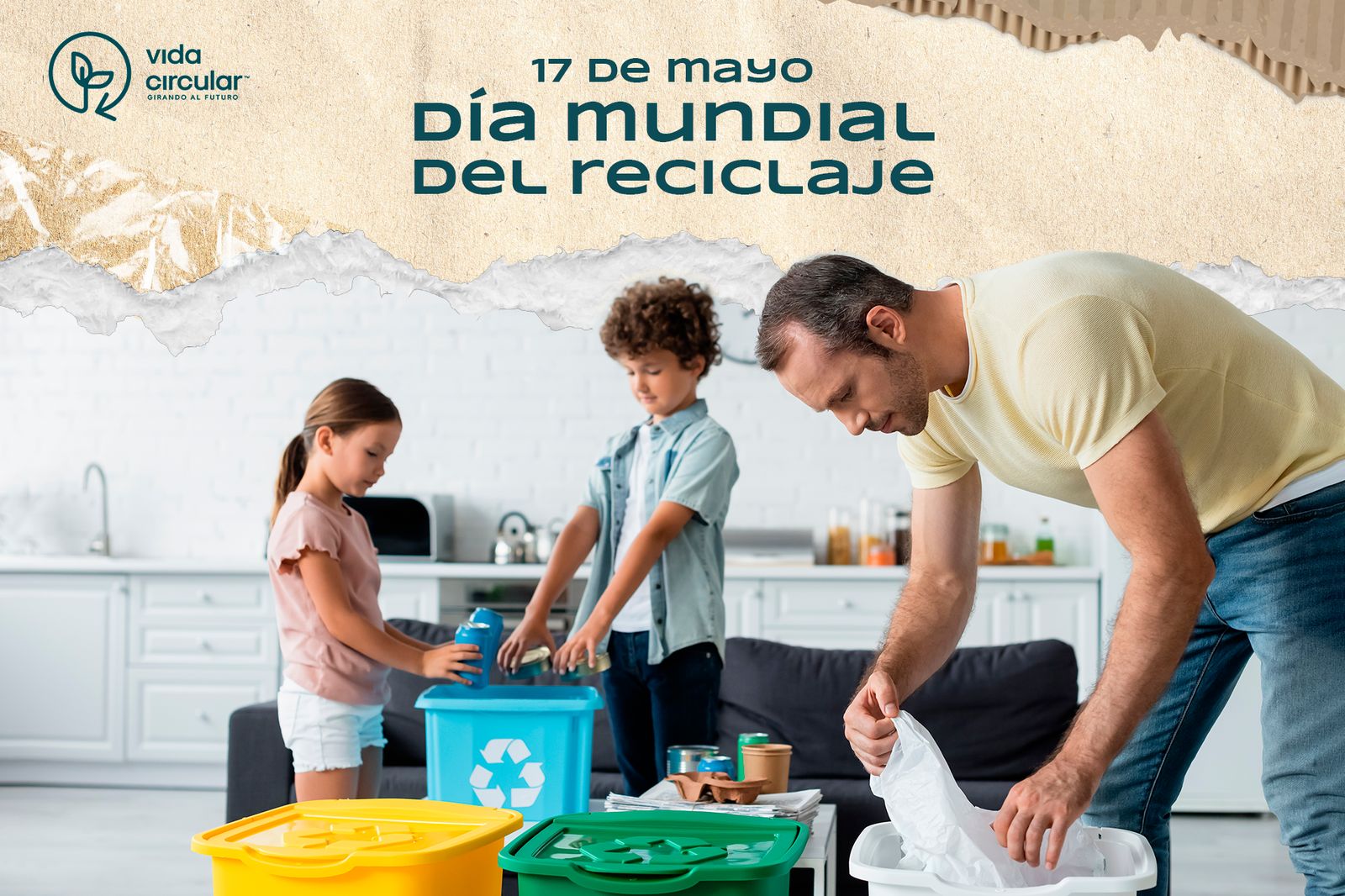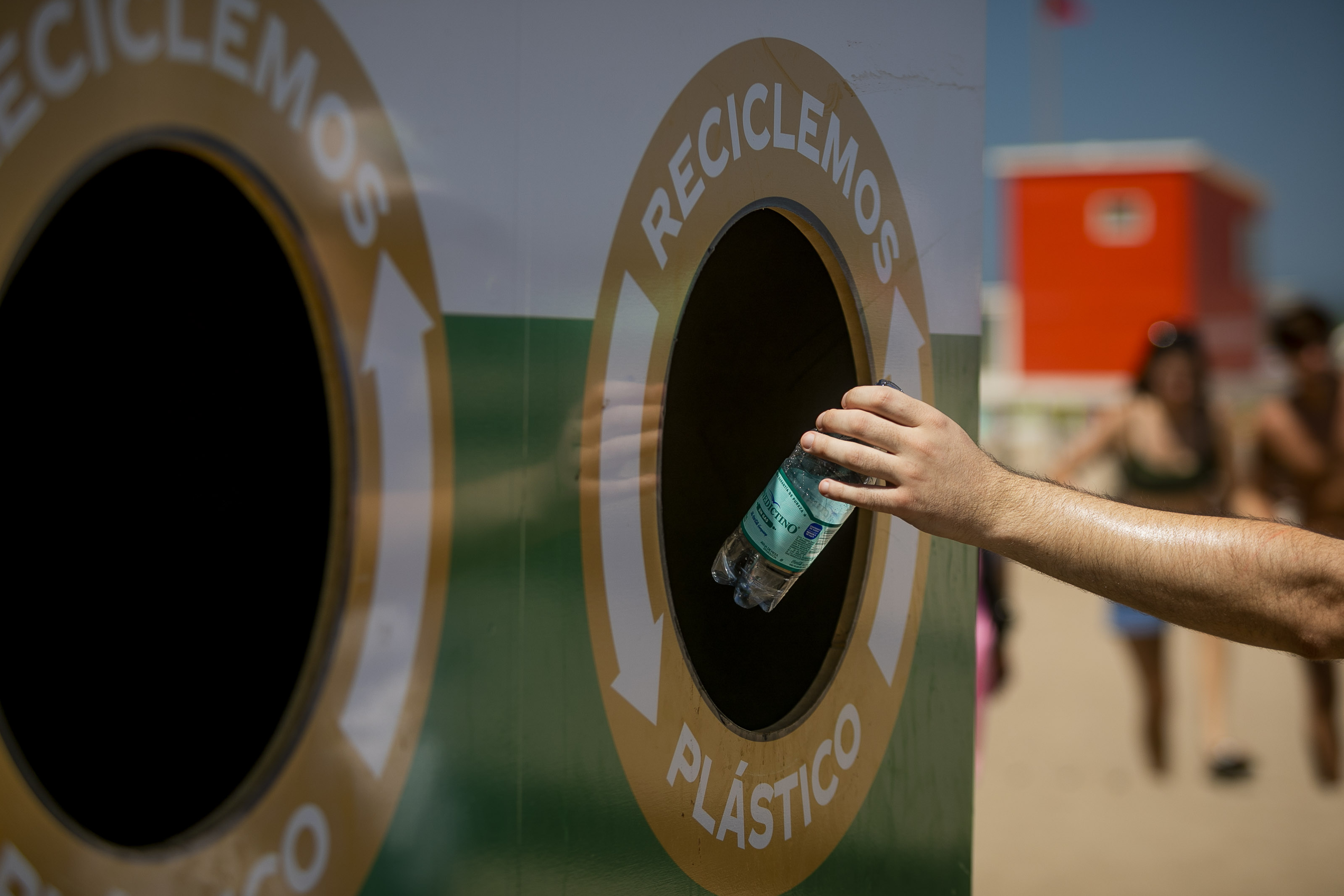
What is CANIPEC and what does it do?
The National Chamber of the Cosmetics and Home Care Industry (CANIPEC) is a key organization in Mexico that brings together the main producers and distributors of cosmetics, personal care and home care products. With more than 64 affiliated companies, CANIPEC represents around 80% of the formal market in these sectors, being a key player in the development and regulation of the industry in the country.

Main functions of CANIPEC
CANIPEC's main functions include representing the industry's interests before government agencies, promoting regulations to ensure product safety and quality, and implementing social and environmental responsibility initiatives. The chamber works closely with Mexican authorities to ensure that regulations are adequate and that the industry complies with established standards.
CANIPEC has adopted a proactive approach to sustainability, seeking to reduce the environmental impact of the industry. This includes the promotion of recycling and reuse of materials, as well as the adoption of production practices that minimize waste generation and resource consumption. The chamber has launched several initiatives and strategic alliances to promote the circular economy within the sector, highlighting the importance of reducing, reusing and recycling at all stages of production and consumption.
Promoting the Circular Economy: CANIPEC's partnership with Vida Circular
The circular economy is a crucial strategy for minimizing waste and greenhouse gas emissions, as well as protecting the environment. According to the United Nations (UN), the implementation of a circular economy could reduce waste in certain industrial sectors by up to 99%. In Mexico, the Ministry of Environment and Natural Resources (SEMARNAT) estimates that each person produces, on average, 0.86 kg of solid waste daily, which translates into more than 44 million tons per year, with a projection of 65 million tons by 2030.
In this context, the National Chamber of the Cosmetics and Home Care Industry (CANIPEC) has assumed a key role in promoting sustainability and the circular economy in the country. Representing the personal and home care industries, CANIPEC seeks to integrate sustainability as a fundamental pillar in its strategy and productive development. This includes promoting the collection and recycling of post-consumer packaging, thus avoiding excessive waste generation.

CANIPEC initiatives and achievements
CANIPEC has a Circular Economy Business Group (GEECI), a program formed by 20 companies in the sector through which a management plan recognized by SEMARNAT is developed; among its main objectives, GEECI is committed to reducing the waste generated by the industry, promoting the recycling of containers and packaging, and carrying out collection campaigns in collaboration with México Recicla and ANIPAC.
From 2022 to June 2024, GEECI has managed to recycle 9,853 tons of waste, thanks to more than 13 partnerships with collection centers, recyclers and municipalities. In addition, waste sorting and separation programs have been implemented in various places in Mexico, including the State of Mexico, CDMX and Merida, where green points have been installed for the collection of plastics that will later be recycled.
Circular Living: A commitment to sustainability
Vida Circular is a platform that facilitates dialogue between experts, the industrial sector and the community, with the aim of promoting the circular economy. Its mission is to raise awareness of the circular economy to move towards a more sustainable world, creating spaces to share ideas, visions and solutions. Vida Circular fosters collaboration and knowledge sharing in 8 countries in Latin America and the Caribbean, including Mexico, Guatemala, Honduras, Costa Rica, Nicaragua, Panama, Dominican Republic and Puerto Rico. Through surveys and studies, Vida Circular seeks to understand consumer habits and advances in the circular economy, identifying challenges and opportunities.
The circular economy focuses not only on waste management, but also on the recovery of wasted energy and water, which can be reintegrated into production processes. Technology plays a crucial role in this area, enabling the development of new products and the protection of finite resources.





